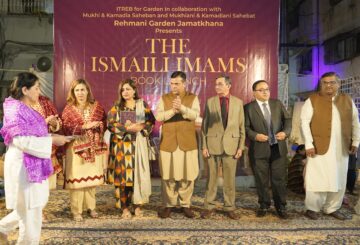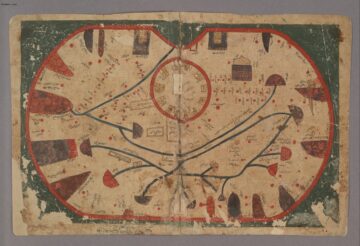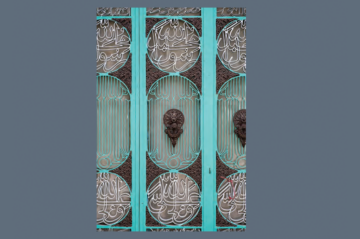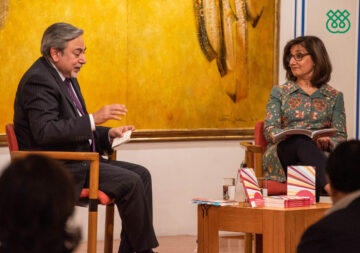The month of Ramadan is a time of heightened commitment to piety for Muslims across the world. In addition to observing the ritual month of fasting, many Muslims spend the thirty days being more mindful about regular prayer and ethical practice. Already on social media, we can see posts about young Muslims giving up undesirable social habits in preparation for the month. Indeed, the practice of the faith comes under unique personal scrutiny during the month of Ramadan.
This year, we want to highlight two publications that reflect on the observance of Ramadan both on community and individual levels, incorporating multiple perspectives.
The Prophet Muhammad: Islam and the Divine Message
The Prophet Muhammad by Dr Stephen Burge is not a typical biographical work. Dr Burge opens this book by interrogating the role of prophets generally, in history, religion, and literature. In relation to the role of a prophet, Dr Burge writes: “[a] prophet wants people to change how they behave and to develop a deeper relationship with the divine, or [in the case of Buddhism], a deeper philosophical understanding of existence.” (page 14) Dr Burge explains that, like the prophets before him, the Prophet Muhammad encouraged moral growth and change. While the Revelation prescribes ritual practices, it is up to the individual Muslims to adopt these practices in their own way.
The Prophet Muhammad: Islam and the Divine Message is now available in English in paperback, ePUB, PDF, and audiobook narrated by the author. It is also available in Persian (translated by Kashayar Bahari) in paperback.
Get the book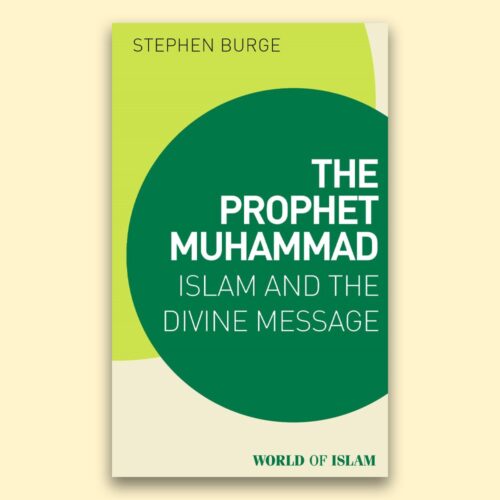
Ismaili Festivals: Stories of Celebration
In chapter 3 of Ismaili Festivals, Dr Shiraz Kabani shares his experience of the month of Ramadan in Istanbul and reflects on the nature of piety in Islamic belief and practice. Drawing from scripture, the guidance of Ismaili Imams, legal opinions, and philosophy, Dr Kabani explores intentionality behind rituals such as fasting and helps readers to address their own quandaries around the fulfilment of religious obligation. “Ramadan,” Dr Kabani writes, “is an opportunity for Muslims to find ways to do good. It is one thing to avoid misdeeds, but it is quite another to actively practice virtue and righteousness by supporting and bringing happiness to others.” (page 55). Like other books in the Living Ismaili Traditions series, Ismaili Festivals is grounded in personal experiences that help the reader to reflect on their own preconceived notions relating to their practice and identity.
Ismaili Festivals: Stories of Celebration is now available in English in paperback and PDF. It has also been translated into Portuguese (by Luísa Venturini), Urdu (by Sher Zamān Khān), and Gujarati (by Abdulali Dhanani).
Get the book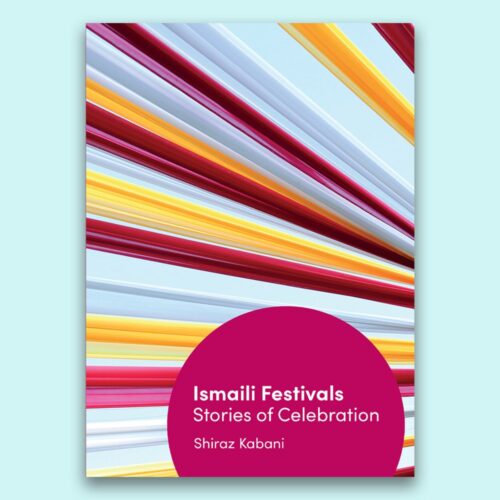
Both Dr Burge and Dr Kabani invoke taqwa (or ‘God consciousness’) in relation to the practice of Islam. Indeed, the month of Ramadan is a time for Muslims to strengthen their own relationship with the Divine, in whatever form that takes.
Both books and others from our two series, Living Ismaili Traditions and World of Islam, are now available in digital formats for UK customers through the IIS Shop.


